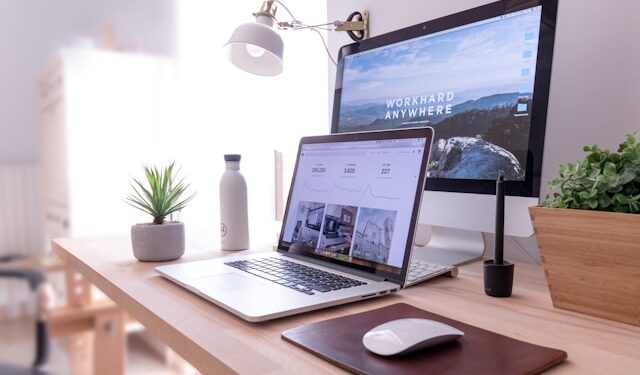A slow computer can be incredibly frustrating, especially when you’re trying to get work done or enjoy entertainment. The good news is that you don’t always need to buy a new device or invest in expensive upgrades to boost your computer’s performance. By following these practical steps, you can diagnose the issue and speed up your computer quickly and efficiently.
Common Causes of a Slow Computer
Computers slow down for a variety of reasons, and understanding the root cause can help you fix the problem. Common causes include:
- Background processes: Too many programs running at the same time consume resources.
- Startup overload: Unnecessary programs launching at startup can delay boot time.
- Storage issues: Low storage space can slow down the operating system.
- Outdated software: Old or corrupted software can cause lag.
- Fragmentation: For HDDs, fragmented files take longer to access.
- Malware or viruses: Malicious software can drain your computer’s resources.
By identifying these factors, you’ll know where to focus your efforts.
Practical Steps to Speed Up Your Computer
Restart Your Computer
Restarting clears temporary files and refreshes system resources. If you haven’t restarted your computer in a while, doing so can instantly resolve minor issues.
Disable Unnecessary Startup Programs
Programs that automatically launch when your computer starts can slow down the boot process. To disable these programs:
- On Windows, open Task Manager, go to the “Startup” tab, and disable unnecessary programs.
- On macOS, go to System Preferences > Users & Groups > Login Items and remove any unneeded applications.
Clean Up Your Hard Drive
Unused files and programs take up valuable space and slow down performance. Delete unnecessary files, uninstall unused software, and empty your Trash or Recycle Bin. Use tools like:
- Disk Cleanup (Windows)
- Storage Management (macOS)
Update Your Software
Outdated software can slow down your system. Check for updates for your operating system, drivers, and applications. Updated software often includes performance improvements and bug fixes.
Scan for Malware and Viruses
Malware can significantly reduce your computer’s speed. Use a trusted antivirus program to scan your system and remove any threats. Free tools like Windows Defender or Malwarebytes are excellent options.
Increase Virtual Memory or Manage RAM
If your computer is running low on memory, increasing virtual memory can help.
- On Windows, adjust the virtual memory settings through System > Advanced System Settings > Performance > Advanced.
- On macOS, manage memory by closing unnecessary apps and tabs.
Defragment Your Hard Drive
For computers with HDDs, defragmenting can improve file access speed. Use the built-in defragmentation tool on Windows (this is unnecessary for SSDs).
Close Resource-Intensive Background Processes
Some programs and processes running in the background consume a lot of CPU or RAM. Use:
- Task Manager (Windows)
- Activity Monitor (macOS)
Identify and close unnecessary processes to free up resources.
Optimize Your Browser
Web browsers can hog resources, especially if you have too many extensions or open tabs. Clear your browser cache, disable unused extensions, and limit the number of open tabs to speed up browsing.
Consider Hardware Upgrades
If you’ve tried all software-based solutions and your computer is still slow, hardware upgrades like adding more RAM or switching to an SSD can make a significant difference. SSDs, in particular, can dramatically speed up boot times and file access.
Tips for Maintaining Long-Term Performance
To prevent future slowdowns, practice these habits:
- Regularly delete temporary files and clear cache.
- Uninstall programs you no longer use.
- Organize your desktop and file system to reduce clutter.
- Avoid running too many resource-heavy programs at the same time.
- Restart your computer regularly to keep it running smoothly.
Conclusion
A slow computer doesn’t have to stay slow. By following these simple steps like cleaning up your hard drive, managing startup programs, and scanning for malware you can significantly boost your computer’s performance. Regular maintenance and optimization are key to keeping your system fast and efficient over time. If necessary, consider hardware upgrades for an even bigger performance boost. Start implementing these tips today, and enjoy a faster, more reliable computer experience.





